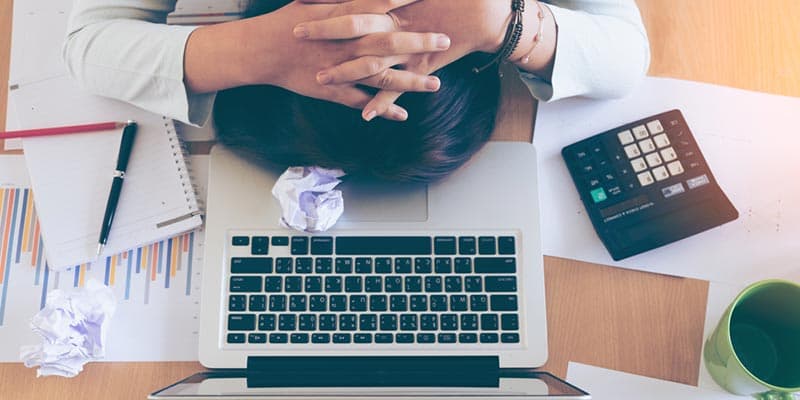Amaha / / / Is It Time to Take a Break?
ARTICLE | 4 MINS READ
Is It Time to Take a Break?
Published on
10th Mar 2025

What’s a typical day at work like? Do you often find yourself working continuously at your work desk for long periods of time, without taking a break? If you do take a break, are you usually still involved in activities related to work?
What prevents you from taking breaks?
Either feelings of guilt or desires and expectations to be productive might prevent you from taking breaks at work where you truly disconnect from the tasks at hand and unwind. In the long run, this may cause greater harm to your health and work, since job-related stress increases and productivity decreases. This stress is, in turn, linked to burnout, decreased immunity, high blood pressure, and disturbed sleep. Not surprisingly, then, you are also more likely to experience depression and anxiety.
To truly enjoy your work and feel connected with what you are doing, it is important to know when to take a break, both during work hours, and in terms of taking time off.
When is the right time to take a break?
Research has shown that taking a break before lunch, around mid-morning, helps restore your energy, concentration and motivation, which is why mid-morning is the best time to take a break. Taking short breaks at regular intervals has been found to be more helpful than taking a single long break.
What does an effective break look like?
Moreover, the nature of breaks is as important as the duration or time of the breaks. For a break to be effective in restoring your energy and relieving stress, it is important to mentally disconnect from work and engage in activities that you enjoy and in turn produce positive emotions. These can include talking to a colleague (about something other than work), going for a walk, taking a quick nap, or shifting attention to a different task. Even engaging in work tasks that are enjoyable during initial work hours can result in a more effective break.
Taking frequent breaks can also help you to make better decisions, sustain your attention, and reduce chances of fatigue, burnout and health complaints. Similarly, taking regular breaks can increase your overall job satisfaction. Going back to a task after some time away can help you think in broader terms and focus on your goals.
At times, you may need longer breaks. Vacations allow you to take some time off from work, with the security of returning to your job. This can help you maintain a better work-life balance, and improve your well-being. To develop more such healthy habits and live life more mindfully, you can even consider consulting a mental health expert.